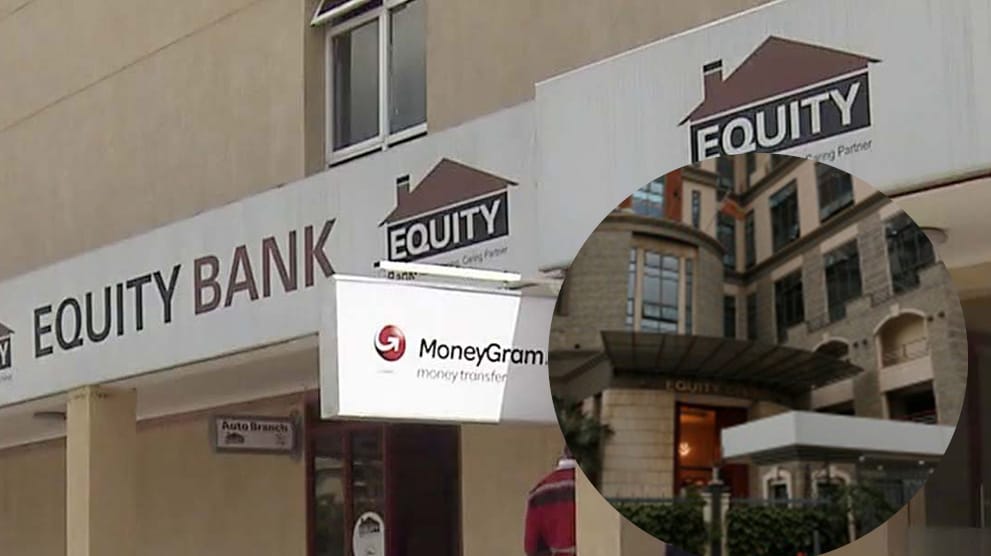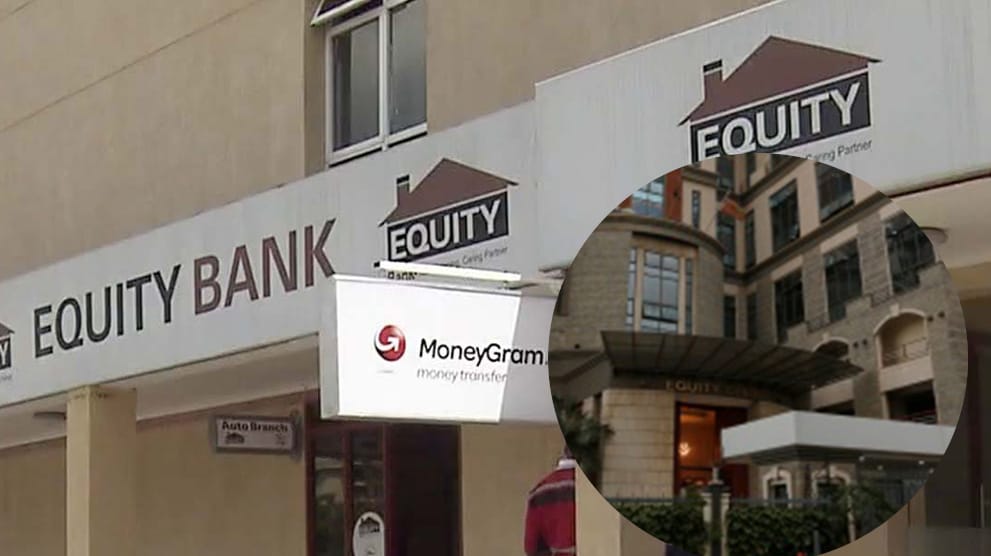Equity Bank Employees are voicing growing frustration over what they describe as unfair salary increments, unclear bonus allocations, and questionable performance evaluations. Their collective complaints reveal deep dissatisfaction within the institution, with employees openly questioning the bank’s commitment to transparency and fairness in its internal management practices.
Discontent Peaks After September 26th Salary Review
On September 26, 2025, tensions escalated when a select group of employees received salary increases and bonuses, while the majority were excluded. To make matters worse, several staff members were unexpectedly placed on Performance Improvement Plans (PiPs) — a move many employees perceive as punitive, ill-timed, and unjustified.
Workers argue that the PiPs were introduced based on performance from the 2024 financial year, a period that had long since concluded. They question why such feedback was withheld until the very day increments and bonuses were announced, fueling suspicions of deliberate manipulation.
Typically, performance reviews at Equity Bank are conducted quarterly, with underperformers being flagged and placed on PiPs in real time. Introducing PiPs a year later has raised serious concerns about the credibility and integrity of the evaluation process.

Bonuses and PiPs: Lack of Clear Criteria
One of the biggest complaints is the absence of transparent criteria in both the bonus and PiP processes. Many employees report that their Enterprise Resource Planning (ERP) system scores consistently reflected “Meets Expectations.” However, PiP letters contradicted this by claiming they had failed to meet targets.
Crucially, no concrete examples or data were provided to back these claims. To make matters worse, workers discovered that some Key Performance Indicators (KPIs) had been altered without their knowledge. Staff insist that if management intended to introduce new metrics, these should have been communicated in advance, not silently rolled out during the pay review exercise.
This has left many employees confused and demoralized, with some openly suggesting that favoritism and bias may have influenced who was rewarded and who was penalized.
Transparency Questions Challenge Equity Bank’s Reputation
The employees are now demanding clarity from management. Specifically, they want answers to:
The exact criteria used to determine bonuses and increments.
Why were employees with “Meets Expectations” ratings denied pay rises?
The rationale behind introducing year-old performance reviews into the current cycle.
Workers argue that the opaque process undermines the bank’s credibility, especially since Equity Bank frequently markets itself as a leader in fairness, accountability, and corporate integrity. Employees now question whether these values truly extend to its internal culture.
The fallout from the September review has significantly affected employee morale. Workers report a sense of division, mistrust, and disillusionment within teams. Many say they feel demotivated and undervalued, warning that the lack of fairness and transparency in performance management could erode genuine effort and productivity across the organization.
Despite their frustrations, employees stress that they remain committed to the bank’s growth and success. However, they argue that management must address these concerns urgently to restore trust.
Employees are now pushing for an official meeting or statement from management to address the growing unrest. They believe that without open dialogue and transparent systems, the current approach risks further damaging staff confidence and weakening long-term performance.
For now, the ball is in Equity Bank’s court. Whether management chooses to respond with accountability—or continue in silence—may determine how deep the rift between staff and leadership becomes.
The unfolding situation at Equity Bank highlights a critical question: Can an institution publicly built on values of fairness and transparency afford to neglect those same principles internally?
As employees continue to voice their concerns, the controversy raises broader issues about workplace fairness, corporate governance, and the credibility of performance management systems in Kenya’s financial sector.





















Leave a comment